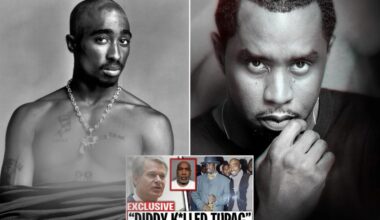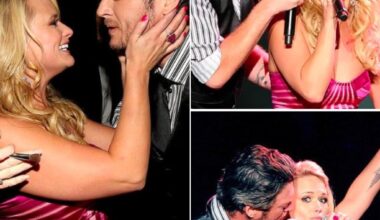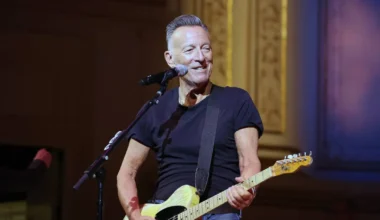If there’s ever been a video that captures the strange brilliance and misunderstood power of early heavy metal, it’s Black Sabbath’s “Paranoid.” Anyone doubting the band’s legacy only needs to watch it once. Strange lighting, psychedelic backdrops, glam-rock outfits—it’s all completely at odds with the song’s dark tone. And yet, that contrast is exactly why it works. Black Sabbath were so ahead of their time that the industry didn’t know how to present them. The video feels out of place because the band was out of place—too heavy, too raw, too real.
Musically, “Paranoid” is a full-on blast of thunder. Tony Iommi’s riffs are sharp and relentless, the drums pound with purpose, and Ozzy Osbourne’s vocals slice through the noise like a warning siren. The lyrics, written by bassist Geezer Butler, tackled themes few dared to approach back then—paranoia, depression, and the emotional aftermath of drug use. “Basically, it’s about depression,” Butler once explained. “There’s that crossover between the paranoia you get when you’re smoking dope and the depression afterwards.”
That honesty was rare. Black Sabbath didn’t dress their pain in metaphor—they shouted it over distorted guitars. And even when the visuals didn’t match the music, the band’s message still cut through. No one else sounded like them. No one else even tried.
They didn’t just invent heavy metal—they inspired every outsider who felt too weird, too loud, or too dark for the mainstream. Their legacy stretches across decades and genres, from grunge to doom to punk. Bands like Nirvana, whether consciously or not, walked through doors that Sabbath had kicked open years earlier.
Dave Grohl, in particular, has always carried that spirit. First with Nirvana, then with Foo Fighters, Grohl tapped into that same love for raw sound and honest lyrics. So when Ozzy Osbourne began working on solo material and the opportunity came up for Grohl to contribute, it felt like a rock ‘n’ roll full-circle moment.
Grohl wrote a riff for Osbourne’s record—heavy, unrelenting, very much in Sabbath’s spirit. But in the end, Ozzy passed on it. Not out of disrespect—just one of those moments where the stars don’t quite align. Grohl didn’t take it personally. He kept the riff, turned it into “Stacked Actors,” and released it with Foo Fighters.
Reflecting on the track later, Grohl said, “That was originally a riff for Ozzy’s album. I think it’s one of the best riffs I’ve ever written.”
The collaboration never happened, but the connection runs deeper than a single song. Sabbath inspired a way of thinking—a refusal to play by the rules. That spirit lives on in artists like Grohl, in every band that dares to sound different, and in every fan who watches that strange, chaotic “Paranoid” video and instantly understands what it means to not belong—and love it.





